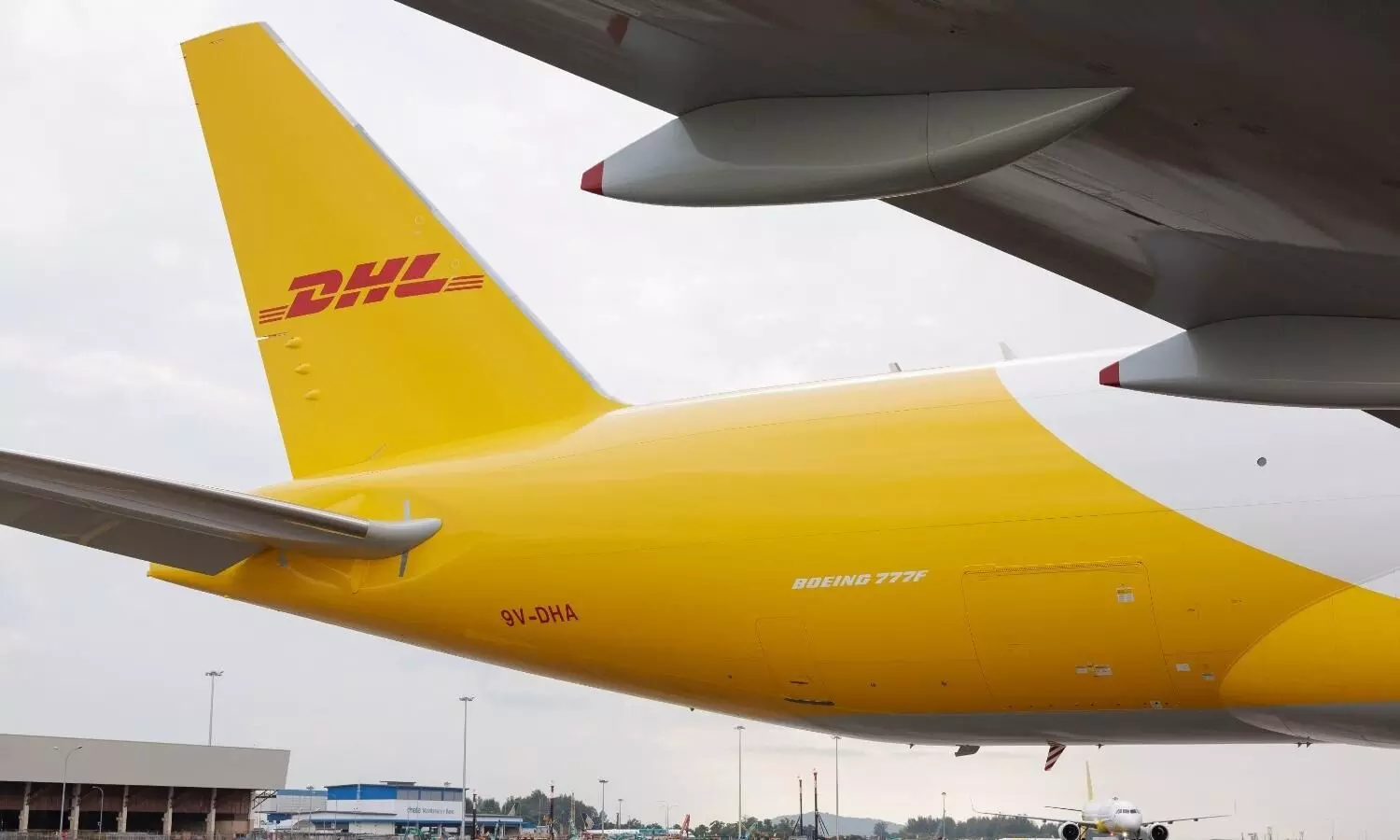
Neste to supply SAF to DHL Express at Changi Airport
The SAF will fuel DHL Express’ five Boeing 777 freighters that operate from its South Asia Hub at Changi.

Neste and DHL Express have signed an agreement for Neste to supply 7,400 tonnes (9.5 million litres) of sustainable aviation fuel (SAF) to DHL Express at Singapore Changi Airport from July 2025 to June 2026. The deal, which is one of the largest SAF supply agreements in the air cargo sector in Asia, marks DHL’s first SAF purchase for international flights departing from Singapore.
Under the agreement, Neste will produce the CORSIA-eligible (Carbon Offsetting and Reduction Scheme for International Aviation) SAF at its Singapore refinery, the world’s largest SAF production facility, and deliver it blended with conventional jet fuel through Changi Airport’s existing fuel distribution system. The SAF will fuel DHL Express’ five Boeing 777 freighters that operate from its South Asia Hub at Changi, with about 35% to 40% of the fuel blend comprising SAF.
“This partnership with Neste to procure and uplift SAF for DHL Express’ international air cargo flights from Singapore is a significant milestone for us. Not only will it enable us to gain new strides in emissions reduction in air transport, but it also allows us to strengthen our commitment to customers to provide more sustainable shipping option,” said Christopher Ong, Managing Director for DHL Express Singapore.
Carl Nyberg, Senior Vice President, Commercial, Renewable Products at Neste, said, “We are excited to expand our cooperation with DHL to Singapore, a leading aviation hub in Asia-Pacific. It leverages our SAF production and supply capabilities in Singapore and demonstrates how we are working with DHL globally to help the company achieve its air transportation decarbonisation targets using a solution that is available at scale today.”
This initiative will contribute to Singapore’s national goal of requiring at least 1% SAF use on all passenger and cargo flights from 2026 onwards. Neste’s SAF is produced from renewable waste and residue raw materials such as used cooking oil and animal fat waste.

